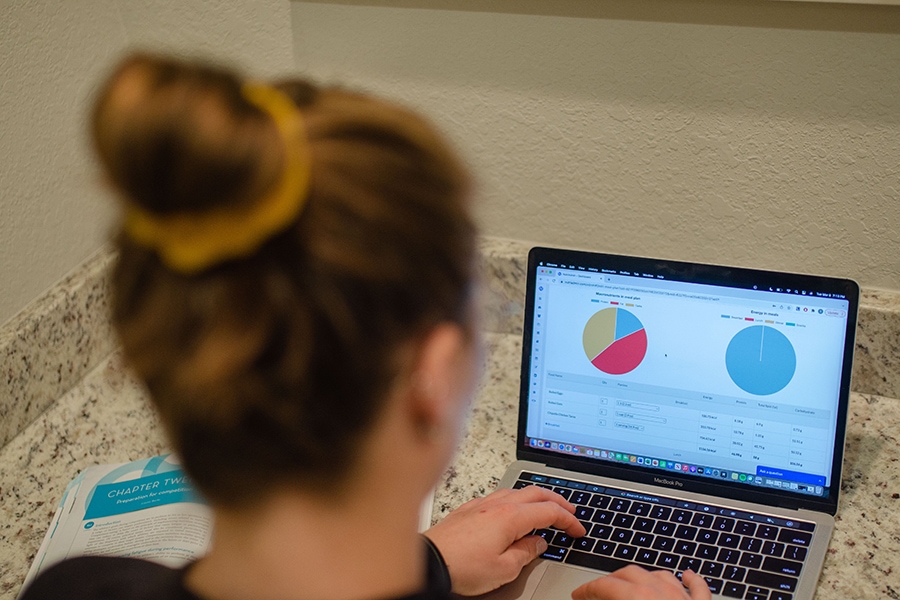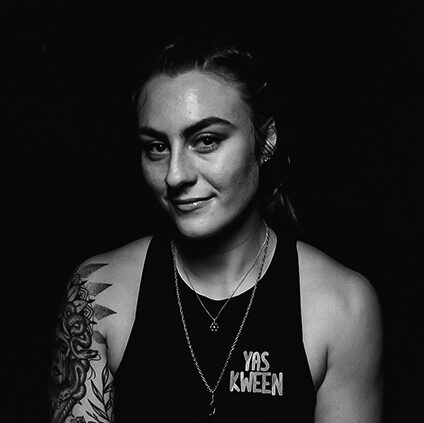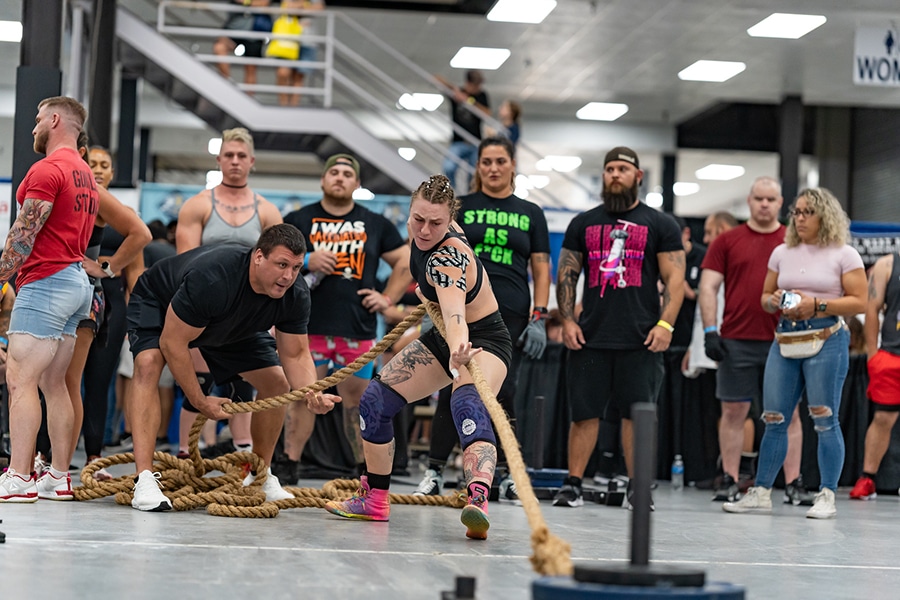Should I Work With A Dietitian?

What is a registered dietitian vs a nutritionist?
A registered dietitian nutritionist (RD or RDN) is a nutrition expert that is required to have a Bachelor’s degree in a nutrition-related field, complete a 1200-hour internship rotation in multiple areas of nutrition services, and pass a national board-recognized exam to earn the credentials of Registered Dietitian. By 2023, a Master’s degree will be required to sit for the RD exam.
A nutritionist may or may not have an education in a nutrition-related field, but this qualification is extremely open-ended. Nutritionists may only have an online certification with little to no schooling or experience. Nutritionists are not legally qualified to write meal plans, and only Registered Dietitians are allowed to give clinical nutrition advice for medical conditions.
Do proper research before seeing a nutrition professional– all dietitians are nutritionists, but not all nutritionists are dietitians!
How do I approach nutrition in my practice?
The way I approach nutrition is threefold.
First, I want all my clients to understand the basics of nutrition and the function of food for their bodies and goals.
Second, I always emphasize a healthy relationship with food- meaning food is both viewed as fuel but also as fun, social, cultural, and emotional, all of which can coexist regardless of if you are a professional athlete or someone who is just starting their fitness journey.
Thirdly, all my clients will be treated with respect, empathy, and understanding regardless of body size or physical appearance.
Nutrition is simple but complex- it is entirely individual, and what works for you will not necessarily work for your family member, friend, or someone you follow on social media. I am here to guide you through discovering what works for you!
What is my background, and who do I work with?
When I entered undergrad at James Madison University, I was set on fulfilling my lifelong dream of becoming a veterinarian. I decided on a biology degree and continued on that path until my 3rd year, when I found out rather quickly, working at a vet clinic, that I was not built to handle surgeries.
After a small crisis, “what do I do now?” a friend mentioned that she always thought I would go into a career that had to do with food and exercise- and that sparked the beginning of my journey to become a dietitian.
After that conversation, I added a dietetics degree along with biology, got into graduate school at Florida State University, where I studied sports nutrition and exercise physiology, passed my registered dietitian exam, and started my own nutrition counseling business. As for who I aim to help- the short answer is everyone.
The longer answer is that I tend to counsel athletes who are looking to improve performance (at any age and skill level), people with hormonal dysfunction (conditions such as PCOS, thyroid issues, insulin resistance/diabetes), and people with disordered eating patterns who may fall into any category or have medical problems as a result.
Let’s talk about stages of change and where you need to be for success!

Precontemplation
In this stage, people do not intend to take action in the foreseeable future. People are often unaware that their behavior is problematic or produces negative consequences.
Contemplation
In this stage, people are intending to start a behavior change in the foreseeable future (defined as within the next six months). People recognize that their behavior may be problematic, and a more thoughtful and practical consideration of the pros and cons of changing the behavior takes place, with equal emphasis on both.
Determination
In this stage, people are ready to take action within the next 30 days. People start to take small steps toward behavior change, and they believe changing their behavior can lead to a healthier life.
Action
In this stage, people have recently changed their behavior (defined as within the last six months) and intend to keep moving forward with that behavior change. People may exhibit this by modifying their problem behavior or acquiring new healthy behaviors.
Maintenance
In this stage, people have sustained their behavior change for a while (defined as more than 6 months) and intend to maintain the behavior change in the future. People in this stage work to prevent relapse to earlier stages. Even in this stage, nutrition coaching can be extremely beneficial to maintain motivation and making sure there are no unwanted plateaus.
Are you ready to make a change?
For a successful coaching experience, it is recommended to be in the determination stage or beyond. At the contemplation stage, expect to need a longer commitment to the coaching process to see the results you are looking for!

Shannon Palmer
Sports Nutritionist, Crossfit and Strong Woman Athlete
"If you exercise on purpose, you are an athlete. Prioritize your nutrition to improve your performance in the gym and everyday life."



